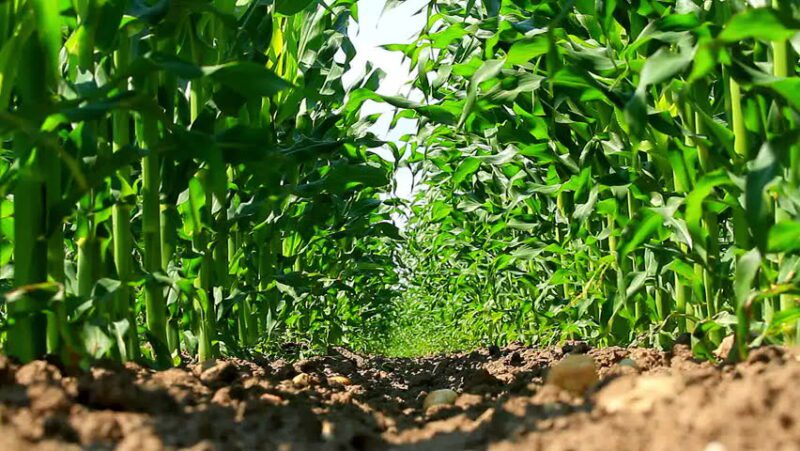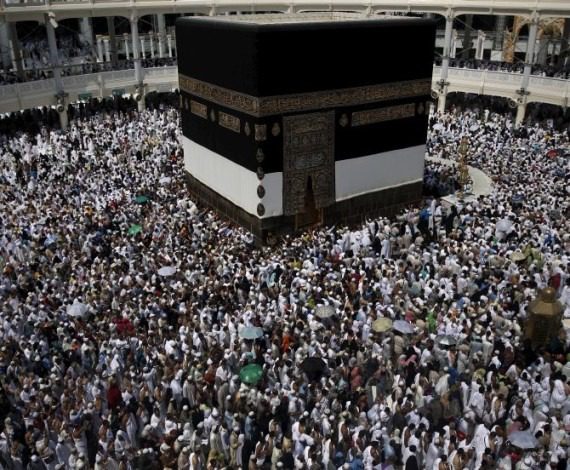Forgotten Dairies
Our Environment: Living Today for Tomorrow -By Oliver Ejike Uja


Growing up in a village in South – East Nigeria in the seventies was a great fun. I still relish that period of wandering in the woods, gathering wild fruits and playing games in the sand. I still remember one occasion when a four wheel drive pulled up and two white couples I now believe were tourists came down with cameras and started clicking away joyfully. In our childish innocence, we were also happy and started posing for pictures which we neither knew to which use it will be put, nor had any hope of ever seeing. The forest then was full of scents, sites and sound and everyone knew everyone. The atmosphere was just serene. Farming was purely organic although chemical fertilizers and insecticides were already available in limited areas and could only be obtained through the agricultural extension offices. Virtually all materials used then were bio-degradable from baskets to leather bag and food wrappings. The extension officers were making concerted efforts to make the people accept artificial chemical fertilizers, herbicides and insecticides but the apathy and rejection was stiff. Changing an old method of doing things is always difficult and people were not too sure of the effects of those items.
However, people embraced the use of these items decades latter and the price spiraled out of reach. And we know that today some of these items are still controversial depending on the divide one belongs – organic versus inorganic. This will be a topic for another day.
Whenever I go home today I feel nostalgic of the good old time not because I do not see beautiful structures all around but there is a sense lost and dislocation from the good environment I knew and so cherished. Change and development must come but how it comes and is deployed is what matters. Development predisposes improvement in human lives and living. However, when a perceived development or invention contributes in the lowering of the standard environment and humanity, such becomes questionable since it is tantamount to retrogression. In many parts of the world there are disillusionment, crisis and tension due to the uprooting and displacement of locals from the natural environment which they had known all their lives. This sort of displacement may have solved some immediate needs, which often are economic, but the scar on the lives of the local and indigenous people stays forever. Beside, this results in the tipping of the balance in the ecosystem. What is left of the sandy open field where we used to play is now a potpourri of glass, plastics, cellophane and other non-biodegradable materials which had gathered due to the large volume of run-off water from construction of new settlements. It has become a dump site. Experts in biodiversity and conservation agree on the need to better handle and manage the use of natural resources and our environment. It is glaring that despite the monumental pollution in the Niger Delta, several other places in Nigeria have not been immune from one form of environmental degradation or the other. From the dirty smelly polluted canals in Lagos, erosion ravaged landscape of the South – East, Desertification in the North to the unbridled destruction of floral and fauna in unrestrained, needless, utopian and sometimes half hazard urban development.
As a people, we keep destroying relics of our past in quest for what is now. Society does not actually grow in the real sense such that everything of the past is totally erased or destroyed. As I was ruminating over what have become of the serene environment in which I grew up, I now came to understand why those white couples (tourists) were so joyous and elected taking some pictures. Some of those pictures may have ended up in newspapers and magazines in the Western press known for its stereotypic depiction of Africa – A backward continent where nothing works. It is interesting to note that Europe and America had their own time before the industrial revolution when the ecosystem and biodiversity was pristine. Every development comes with its problems and the industrial revolution come with the price of environmental pollution and distortion in the social fabrics. There was massive migration and drift to the sprawling constructions of town and cities and people became less attached to their natural environment which by then was under attack by the heavy equipment and industrial settlements. The people’s socio – cultural system where dislocated coupled with other congenial and allied health implications. Many industrialized countries have realised the need to preserve nature hence they invest heavily in nature conservation. Many heavily built up cities are creating miniature nature gardens and parks and high raise building are converting the roof tops into gardens.
This interest and quest for conservation and biodiversity in the 20th century was a backlash of poor environmental practices during and years after industrialization. There is no doubt that human activities are taking its toll on our planet and to wish it away is to live in delusion. The fact that Lake Chad has shrunk to 10% the original size and that several communities in Nigeria have been devastated by gully erosion in South Eastern Nigeria now stares us in the face, just like the Niger Delta have continued to groan under the pain of heavy pollution due to oil exploration and exploitation. In fact, the world is suffocating in plastics and other non – biodegradable hazardous waste. No policy in this regard is complete without adequately factoring biodiversity and environmental sustainability. Many towns and villages are drowning in refuse due mainly to the quantity and speed of turnover of non – biodegradable materials. It is no longer fashionable and convenience to wrap things in leafs and other materials that naturally get back into the cycle because easy options are often preferable. Unfortunately, the system of waste management is still a long way where it exists. However, even the most technologically advanced nations still find it difficult in managing their wastes despite the amount of money devoted to this regards. The focus now has shifted to the use of organic and bio-degradable materials. This is why those that still have the luxury of still enjoying the natural environment should be grateful to God.
Our attitude to our environment is sad. We believe in here and now and whatever happens afterwards does not matter. A number of countries economy thrive on tourism ours is a society that has no culture of preservation, restoration and conservation. Many architectural masterpieces that have earned the United Nation Educational Scientific Children Organisation (UNESCO) world heritage site status would not have made it if the attitude was constant destruction and ‘modernisation’ of structures. Those structures and features that were unique to Kano, Enugu, Ife, Lagos, Onitsha or Calabar are fast disappearing. We want our cities to look like New York, London or Riyadh. I am afraid that our children and future generation here would need to travel to Europe and other countries to see and feel things that now are taking for granted. This may sound like eternity but with the pace and vigour in destruction of forests and other natural resources, it will be very soon.
The Abuja – Kubwa – Zuba motor way gives one a glimpse of the sprawling estates by private developers. The two sides of the ten lane roads from Gwarimpa to Dei Dei have all being taken over by estates most of which are not occupied due to the prohibitive rents. None of these massive estates has enough state for an open air aerobic exercises talk more of recreational facilities like football pitches or sports halls. Consequently, youths have descended on the green Zones on the 10 lane road converting them into football pitches and recreational arenas. Another interesting but regrettable spectacle is that of dead wild and endangered animals that are daily on display for sale as bush meat along the same road just besides the Civil Service Institute. The harm being done to our environment is very monumental and one can only fathom that when one considers the level of depletion in our forest over the years. The quantity of charcoals on display for sales on our major highways will give one a glimpse of the problem at hand. The developed nations have seen and realised the consequences of abuse of the environment in the past and this has spurred them to pursue vigorous conservation, biodiversity and good environmental practices. This does not come easy because it involves attitudinal change by the people. True development lies in living today for a better tomorrow. The future lies in sustainable use of natural resources.
Uja is a Research Officer and lives in Abuja.
For reactions and Comments email: ejikolive@gmail.com
Tweeter: @ujaoliver



















